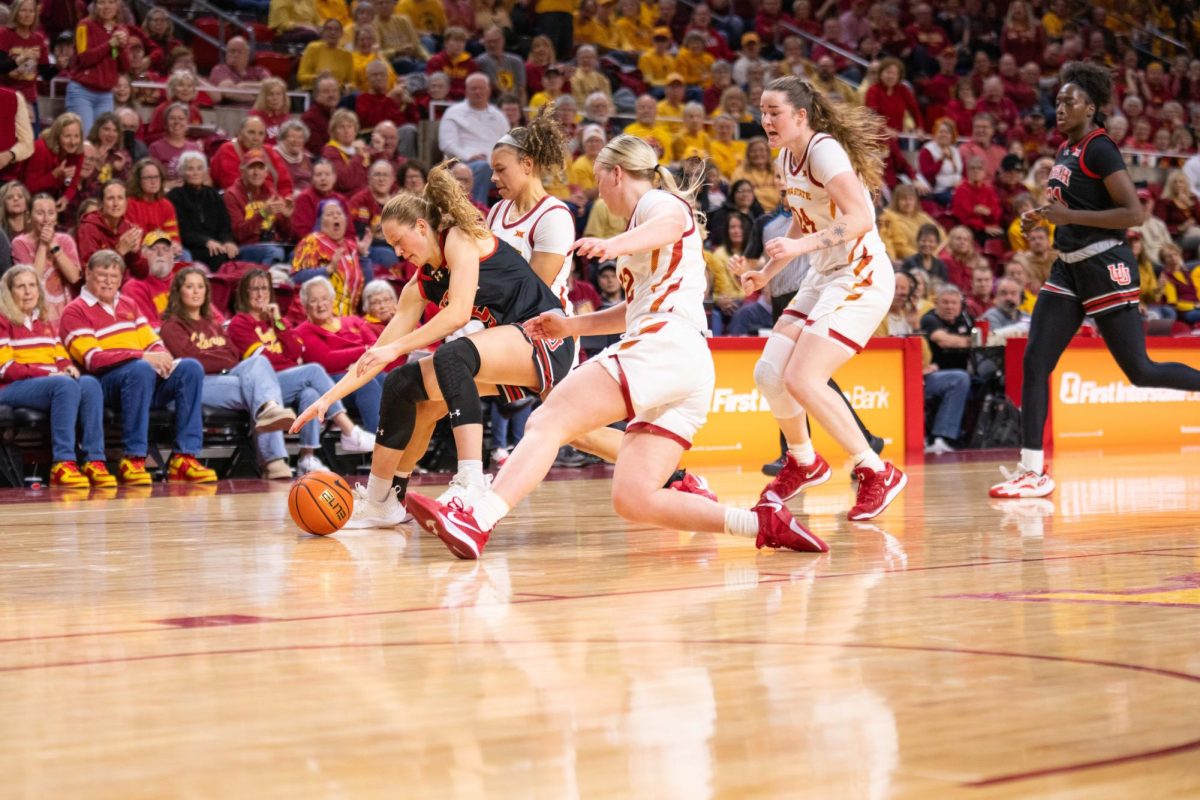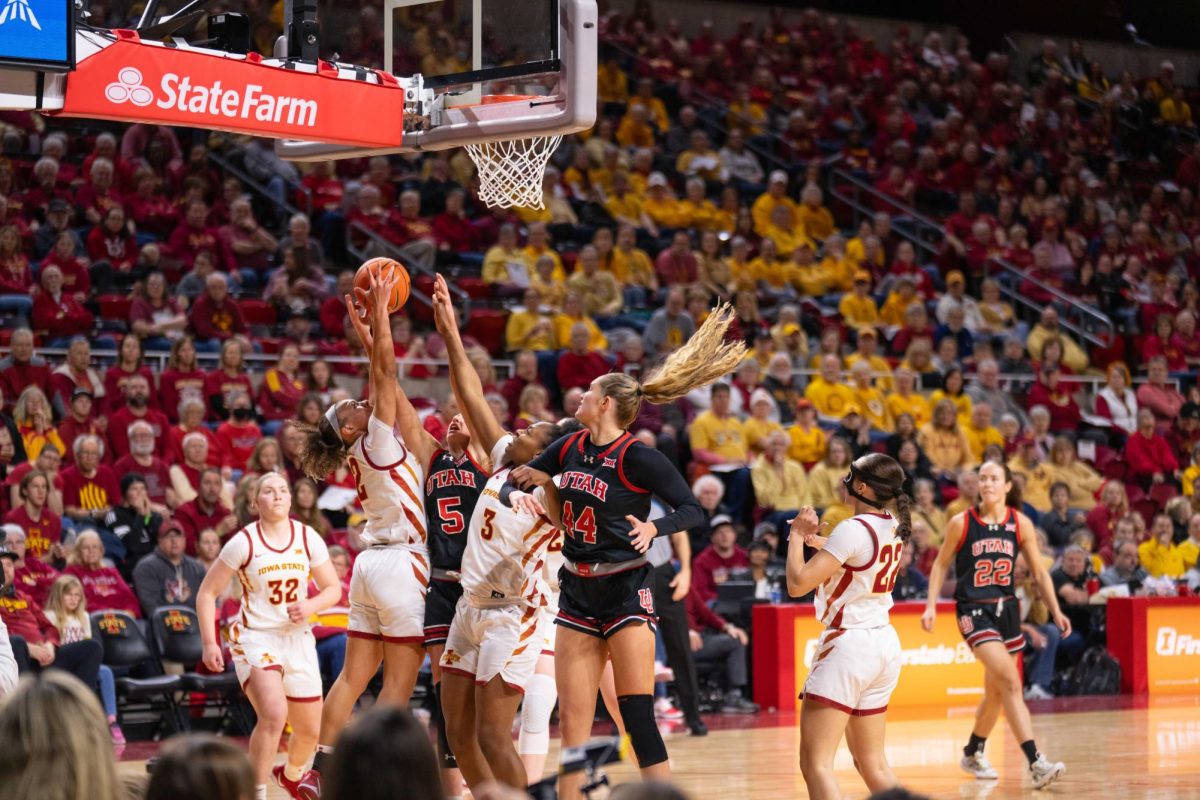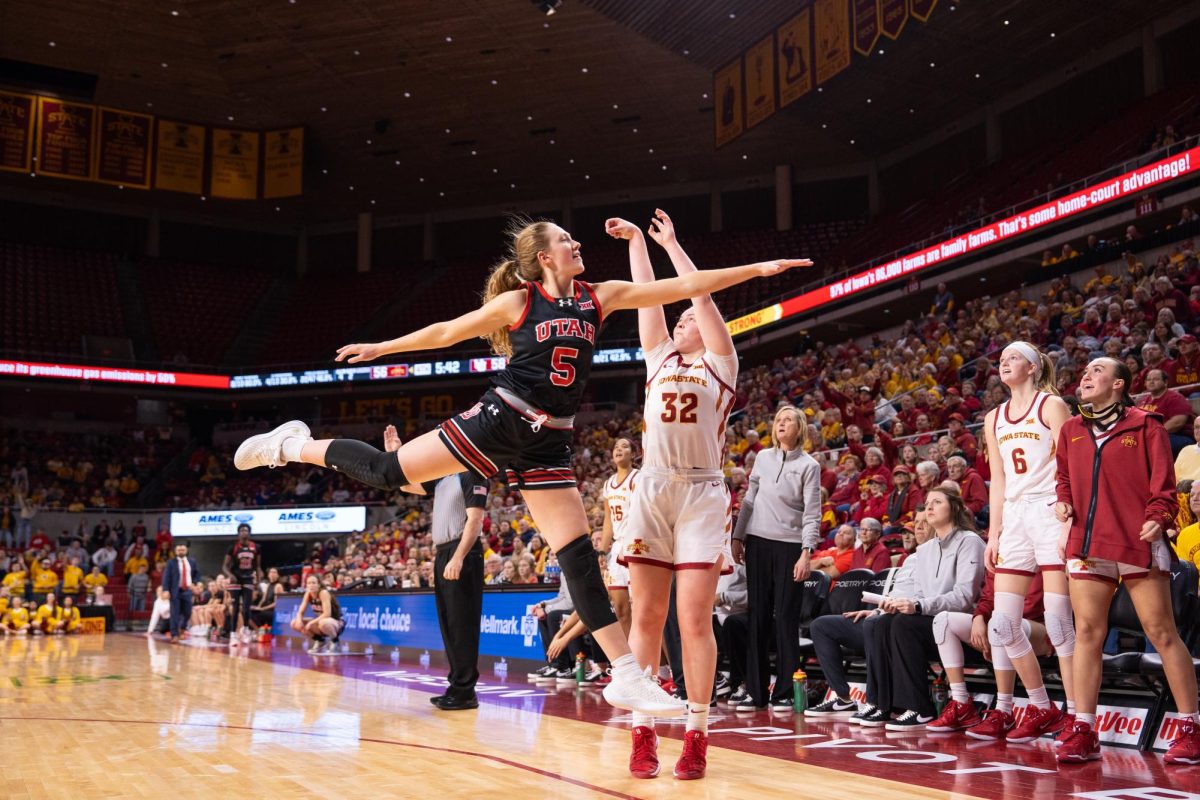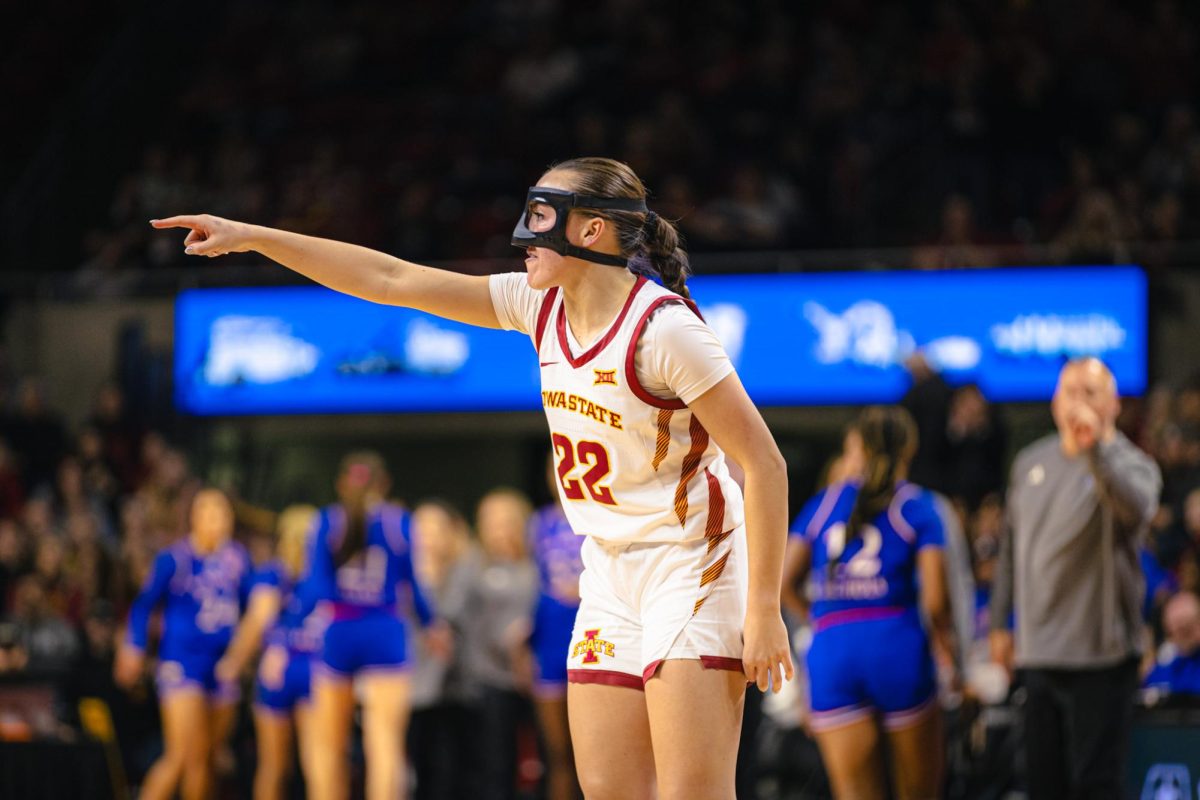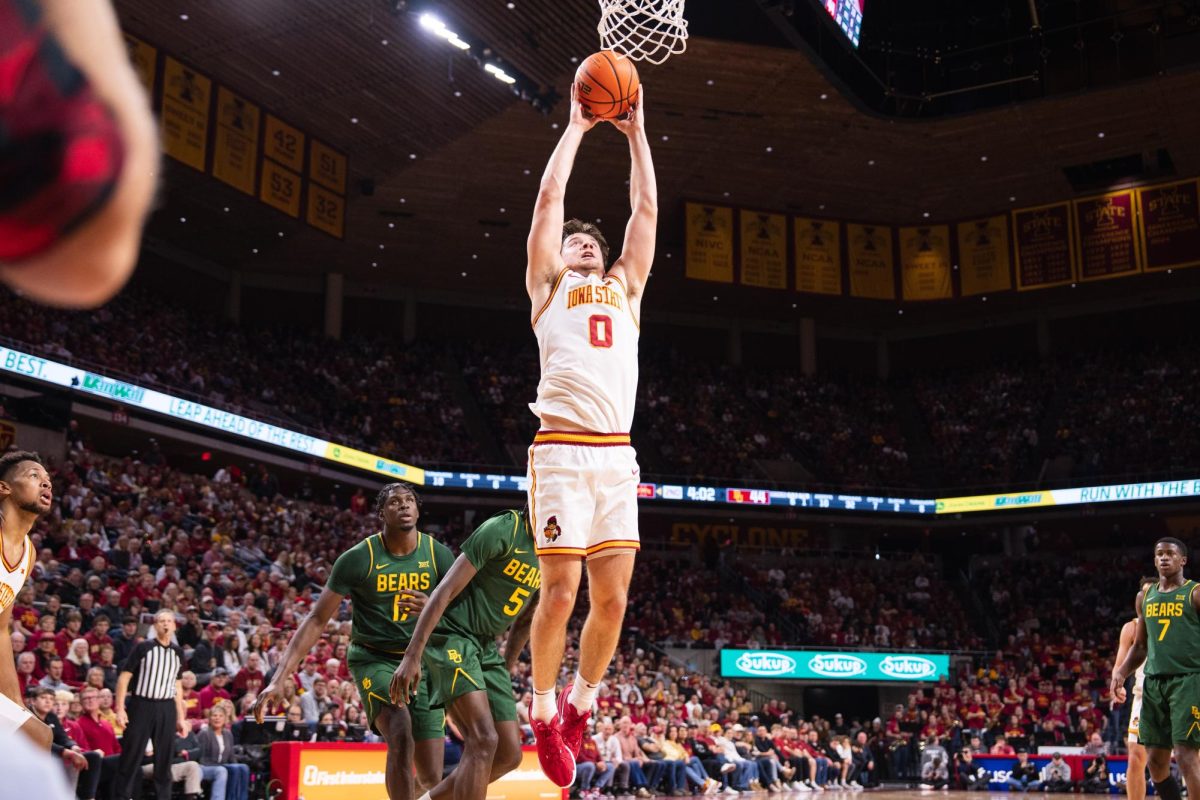COLUMN:Reflection on the moments that changed us
September 12, 2002
I saw ground zero this past August. By this time, the site had been stripped clean of nearly any evidence of the devastation. What remained was a massive hole surrounded by chain-link fence as bored construction workers milled about. If it weren’t for the signs that directed you past the vendors hawking WTC snow globes and keychains to a platform marked as the “Best Viewing Area,” you wouldn’t guess there was anything more to the site.
That’s the way I see Sept. 11, 2002. It is a shadow of the day it memorialized. The day that grabbed us by the throat and forced us to hold still is this year a day that swamps us with 24-hour coverage and commercial tie-ins to catch our attention. Thinking about this year’s Sept. 11, I saw myself staring at the TV screen, but this time out of a blank numbness instead of horror and sorrow.
No, I’m not a cynic who thought Sept. 11 was just like every other day in which people die whom I didn’t know and yet life goes on. My life stopped for the day as soon as the towers fell. It was never for me just about the many people who died – the number was too ridiculously high to put in perspective and the location so far away that it might as well have been a million who died there. But I didn’t have to be there to cry.
It was enough to imagine the hundreds of people who had no reason to doubt the safety and permanence of the towers in which they worked, but then in one moment be faced with a gaping chasm of fire. And then I suddenly realized how easily my own world could just suddenly collapse.
What I previously cared about did collapse. Finishing homework for my classes or playing in the intramural Frisbee game became so irrelevant that I felt guilty for even thinking about it. Family and God suddenly took front stage. Reality became clear. Even humor, that first and often last defense against soul-searching, had virtually vanished. I remember my friend Joel responding to a joke, “You know what? I don’t think I’ve even smiled once today.” It didn’t matter whether you stopped laughing because you genuinely grieved or because you didn’t want to look like a jerk, because either way you realized that Sept. 11 wasn’t something like Chandra Levy that could be cleaned up and rolled into a Letterman monologue to be laughed at and then forgotten.
In the weeks following Sept. 11, I appreciated the nonstop coverage of the aftermath. I would check the online newspapers literally every five minutes to see if anything had changed. But when the desperate confusion of Sept. 11 gradually faded, the continuous coverage turned into repetitive analysis and talk-show tripe, draining the excitement and anxiety of the day until it was sterile enough to be a part of distant history.
The endless parade of feature stories and TV specials that told us how we should cry and be overwhelmed with patriotism separated Americans into two groups: those who were directly affected and thus knew what Sept. 11 was “really” about, and then the rest of us who could never really know Sept. 11, unless we experienced it through a “Good Morning America” interview. Sept. 11 was no longer a raw, personal experience for everyone, but now it was the stuff of historical legend, reserved for majestic presidential speeches and primetime TV dramas.
And like all popular American legends, Sept. 11 was marketed. It was supposed to be the one thing that commercialism and economic trends could never touch. When it was announced that Kelly Clarkson, winner of this summer’s guilty pleasure, “American Idol”, would sing the national anthem at the Lincoln Memorial on the anniversary, I thought that they might as well hire the winners of “Survivor” to give lectures to New York firefighters about toughness. We somehow turned Sept. 11 into a hand-painted, gold-accented limited edition collector’s plate.
So I did not look forward to Sept. 11 this past Wednesday. I was, and still am, resentful that a day that pierced through all the shallowness of our lives and then became buried in memorabilia and coffee table books and Toby Keith lyrics. But the day happened with little of the fanfare that led up to it. Kelly Clarkson sang the anthem not as the “American Idol”, but just as an American. The most sensationalist news anchor couldn’t dress up the solemnity and simplicity of the victims’ names being read at Ground Zero. The candlelight vigil around our Lake Laverne might have been a public clich‚, but it still had the intensely personal reflection that made Sept. 11 powerful.
I still think we are justified in being a little wary of the anniversary of Sept. 11, and all the other anniversaries that follow. When the only other time in the past decade that we’ve had a major public moment was the O.J. Simpson trial verdict, we can expect people to try to turn ground zero into Graceland.
But I don’t think we should be hopeless and bitter. Don’t pat yourself on the back and act superior just because you didn’t like how Sept. 11 lost some of its sincerity over time. If last year’s Sept. 11 was more than a normal day to you, then you remember that it is possible for us in an instant to throw away our tabloids and superficial goals to see the important things in life. This year’s Sept. 11 was evidence that we can do that even without waiting for tragedy to happen.
Dan
Nguyen
is a senior in computer
engineering and journalism
and mass communication from Iowa City.


